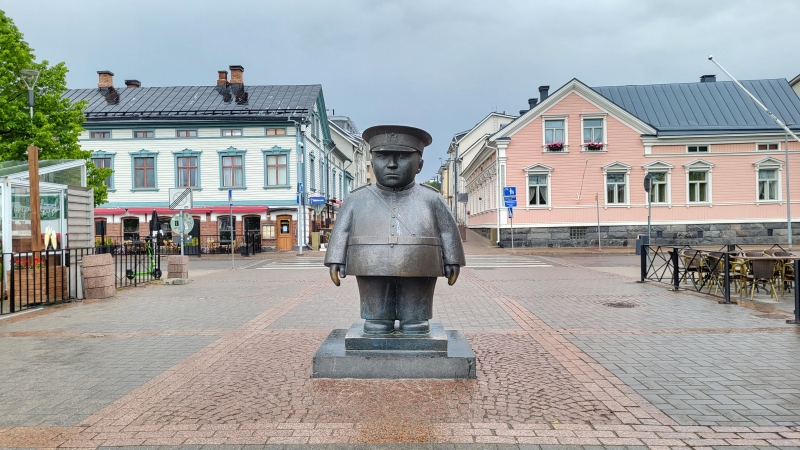Rules exist. There is nothing we can do about it. They originate in individual perceptions of how things happen or should be.
Our assessment of how things happen establishes a logic we’ll follow. Either we learned it from others who helped us see how things are done, or we’ve concluded that it is how we can organize ourselves with others.
Once we’ve come to such conclusions, we’ll use this logic everywhere as a starting point. We’re assuming that it is how things should be. Sometimes, because it is how we’d like it to be, and sometimes because it is how we are used to it.
Naturally, such rules remain quite individual and implicit. The more such rules become shared, the clearer a culture has come to be.
Explicit rules are the formalized version of the shared understanding within this culture of how things will be regulated. It indicates that a formal authority can be called in to support enforcing such rules. And sometimes it is this formal authority that will define the rules and use its power to enforce them.
However, this process of formalizing rules and making them explicit most often is the result of a lack of governance within the group. And when the group lacks the ability to address the presence of a difference in individual logic, the fear of conflict transforms itself into power play.
Democracy is the display of a group’s ability to live with conflicts and address them. It’s the willingness to be transparent and acknowledge the differences a group can deal with.


